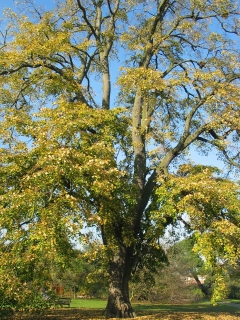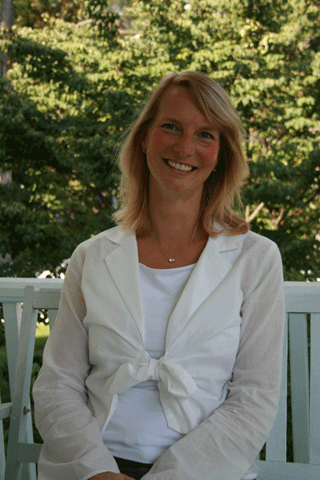
One of the things I love about going to SCBWI conferences is getting to meet all the fun people who write books for kids. Kristin O’Donnell Tubb is one of those people.
Her debut novel, Autumn Winifred Oliver Does Things Different, made me laugh and want to know more about her. So here she is, coming to chat with us all the way from Nashville, Tennessee.
Welcome, Kristin! How did you come up with the idea to write your first novel?
I grew up in Athens, Tennessee, about an hour and a half south of Cades Cove. We visited the park dozens of times when I was a kid, when my cousins would visit from Chicago.
But in 2002, I went on a tour of the Cove, and was standing in John Oliver’s cabin when the tour guide mentioned that at one point, 12 people lived in the tiny log dwelling. Twelve people! This place had no running water, a handful of windows, and was slightly larger than a luxury closet. How in the world did they live?!
It occurred to me that this place that I’d visited dozens of times as a tourist had once been someone’s home. I wondered: how does one’s home become a national park?
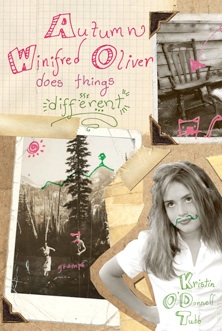
Did you get to hang out much at Cades Cove while you researched your novel?
I’ve visited Cades Cove many times, but once I got the idea to set a novel there, I returned and took dozens of pictures and many notes. Too, I came across a research goldmine: in the basement of the Sugarlands Visitor’s Center near Gatlinburg, there is a library/archive that is solely dedicated to preserving the culture and artifacts of the people who lived in the areas that are now part of the Great Smoky Mountains National Park.
They’ve collected everything from recipes and church hymnals to school textbooks and photographs. Land deeds, descriptions of school-yard games, farming techniques — it’s all there. Heaven for an historical fiction researcher!
Are there any locals still around who remember what it was like when the government came in and turned their homes into a national park?
All around East Tennessee, there are people who were born in Cades Cove and spent their childhoods there. I’m constantly amazed at how many people tell me part of their family is from there.
One such person is Dr. Durwood Dunn, a professor at Tennessee Wesleyan College in Athens, Tennessee. Dr. Dunn was very patient, answering several of my questions while I wrote the book. He’s considered one of the foremost scholars on the history of Cades Cove, and his book, Cades Cove: The Life and Death of a Southern Appalachian Community, 1818-1937, was one of the most useful books I used in the research stage.
Have you always had an interest in writing historical fiction?
Absolutely! I love reading historical fiction, and research is one of my favorite parts of the writing process.
Are you anything like your main character, Autumn? Do you like to “do things different” as well?
I wish I were more like Autumn! She’s spunky and spirited and creative, and she definitely does things different! I’m much more of a rule-follower than Autumn.
Autumn is so funny. Did you ever crack yourself up while writing?
Thank you! Actually, yes, I did crack myself up a few times while writing this book. (I also cried near the end — but NO SPOILERS from me!
I think if you’re immersed in the writing that much — so much that it makes you laugh and cry and feel so deeply — your readers are much more likely to get that from the story, too. At least, I hope so! Of course, anyone who knows me knows I laugh and cry VERY easily!
What was your favorite scene to write?
Probably the opening scene. I’d been researching Cades Cove for several months, and I was itching to begin the writing process. A contest was coming up, and I wanted to enter it. I pounded out the opening scene, title of the book included, in about an hour. (Of course, it went through MANY — manymanymany — rounds of edits after that!)
Something that strikes me as odd about the writing process: I can remember exactly where I was writing, what I was thinking and feeling, when I reread sections of the book now. It’s like listening to an old song, one that transports you to a specific place and time. Just one more thing I love about writing!
That’s all so interesting, especially for an adult reader to know more about your writing process. OK, here’s a question on a different subject. I heard that you actually got to INTERVIEW one of my all-time favorite authors, Madeleine L’Engle. Can you share with us how it all happened? That is truly amazing!!
I know, right?! When I was in sixth grade, my fantastic elementary school librarian, Sheila Rollins, instituted a wonderful program: any student could read three of an author’s books, then interview that author by telephone. I remember exactly two things about the interview:
1. The interview was conducted via a speakerphone! It was the coolest piece of technology my 11-year-old self had ever seen. Very Charlie’s Angels.
2. When I told Ms. L’Engle that I, too, wanted to be a writer, she responded, “Good for you! Keep reading and you can do it.â€
Wow! I’m sure she’s inspired many of her readers to become writers. Well, Kristin, after reading your book, some friends and I are trying to plan a family trip to Cades Cove. Do you have any recommendations for places we should visit?
You absolutely need to visit the Arts & Crafts Community, a loop just outside Gatlinburg about 8 miles long with dozens and dozens of artists working and living in a gorgeous, creative community.
If you have time, check out the Arrowmont School and see if they’re offering a craft class that you’d be interested in taking. There are always festivals and celebrations in nearby Gatlinburg, so check with the Gatlinburg Chamber of Commerce to see what might be going on while you’re there.
And of course, you’ll want to hike the many trails throughout Cades Cove and in other sections of the gorgeous Great Smoky Mountains National Park.
Thanks for all these great tips! Can you tell us a little bit about your next book?
Sure, here’s the jacket copy for Selling Hope, which will be released November 9 from Feiwel & Friends/Macmillan. I wish I could share the cover with you, because it is SOOOO PRETTY!
It’s May 1910, and Halley’s Comet is due to pass thru the Earth’s atmosphere. And thirteen-year-old Hope McDaniels and her father are due to pass through their hometown of Chicago with their ragtag vaudeville troupe. Hope wants out of vaudeville, and longs for a “normal†life—or as normal as life can be without her mother, who died five years before. Hope sees an opportunity: She invents “anti-comet†pills to sell to the working-class customers desperate for protection. Soon, she’s joined by a fellow troupe member, young Buster Keaton, and the two of them start to make good money. And just when Hope thinks she has all the answers, she has to decide: What is family? Where is home?
Our family loves Buster Keaton! Here’s one last question: do you have any tips for parents who are trying to carve out a little time and energy to write while shuffling kids into carpools and packing school lunches? How do you manage to squeeze it all in?
I wish I could say that I have this amazing time-pause button, or a clone machine, or an inherited gene that allows me to stay awake for weeks on end. But in reality, I have a wonderful husband who knows that when I’m starting to look stressed, a little writing time will go a long way toward curing that.
I also have a sitter who watches my youngest (a very active 3-year-old boy) a couple of times a week while I write and promote. I have a voice-recorder app on my iPhone, and I record ideas on it when I can’t get to a pen (which is almost always).
So yes, CARVING out time is exactly what I do. Writing is a priority for me, and I treat it like a career. The best career in the world!
Thank you so much for your inspiration, Kristin, and for sharing with us your behind-the-scenes process of writing!
You can read more about Kristin O’Donnell Tubb on her website and her Do Things Different blog. And here’s a really fun video I found about Cades Cove, in case you’re feeling the itch to travel to Tennessee.

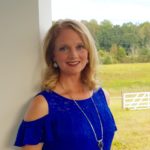




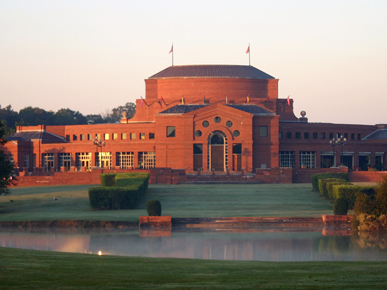
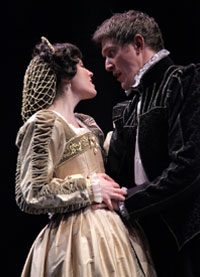
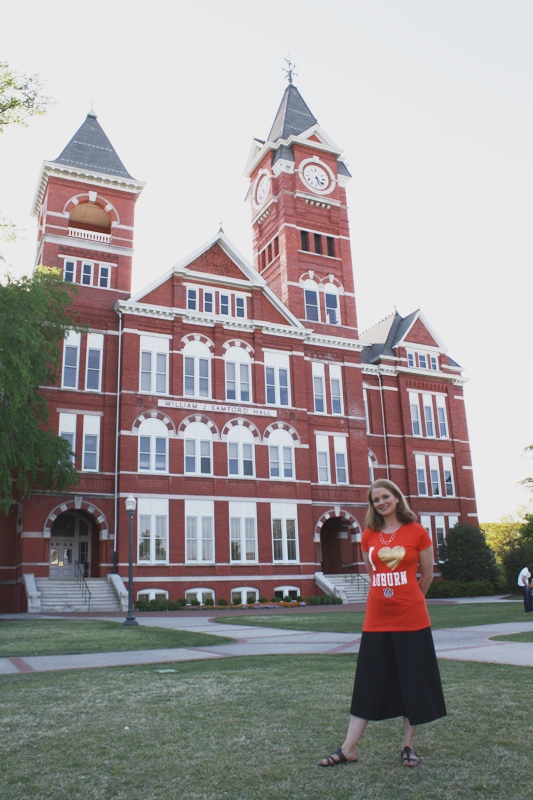
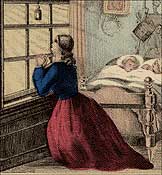 I hope all of you moms out there are having a great summer, enjoying these school-free days with your children. I’m keeping busy driving kids to summer camps and the pool.
I hope all of you moms out there are having a great summer, enjoying these school-free days with your children. I’m keeping busy driving kids to summer camps and the pool. 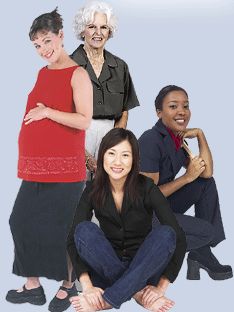
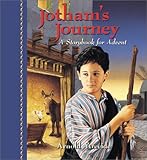
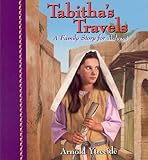
 Yesterday at church, our pastor reminded us that next Sunday begins the new Advent season in the Christian calendar. Are you prepared for celebrating Advent in your home?
Yesterday at church, our pastor reminded us that next Sunday begins the new Advent season in the Christian calendar. Are you prepared for celebrating Advent in your home?